If you get a pet again, or your traveling neighbor asks you to care for his dog or cat, you must know well what food the animal eats.
Foods you should not give to pets
You should not give the following foods and drinks to dogs or cats:
1. Bread dough containing yeast
The Raw dough that contains yeast can cause bloating in the stomach of the animal and the accumulation of gases in the digestive system, which leads to fatal symptoms in the digestive system sometimes.

2. Chocolate
Chocolate contains substances called methylxanthines, including theobromine and caffeine, which are toxic to pets and can cause vomiting, diarrhea, tremors, seizures, and death. The concentration of these substances varies between different types of chocolate, but a dose of theobromine ranging from 100-150 milligrams per kilogram is sufficient. From the weight of a pet to killing it.

3. Coffee
Coffee and tea also contain caffeine, which is toxic to animals. The effect of caffeine usually appears within 30 minutes after drinking coffee, and symptoms can last up to 12 hours.
Symptoms of poisoning :
- Vomiting and diarrhea.
- Increased urination
- Insomnia.
- Hyperactivity.
- Increased heart rate and blood pressure.
- Tremors, seizures.

4. Citrus
Such as lemons and oranges. These fruits contain citric acid and essential oils that can cause pet digestive disorders. All parts of the plants of these fruits should be avoided, including seeds, fruits, peels, and twigs. Eating large amounts of them leads to diarrhea, vomiting, and central nervous system disorders in pets.

5. Coconut
Coconut water contains a high percentage of potassium, which is harmful to pets, and coconut fruit can also cause digestive damage to animals, but coconut oil can treat some skin problems of cats and dogs sometimes.

6. Bones
Bones can crack when cooked, dry, or after grinding in dogs’ fangs, which can cause internal bleeding, sometimes damage your pet’s intestinal lining, and painful and life-threatening infections, apart from the risk of choking on pieces of bone, so it’s best to avoid feeding raw and cooked bones. For pets, even if cartoons show otherwise.

7. Dairy products
Dairy products can cause digestive issues, and many cats are not properly lactose intolerant, so it’s best to avoid these products or use lactose-free alternatives.
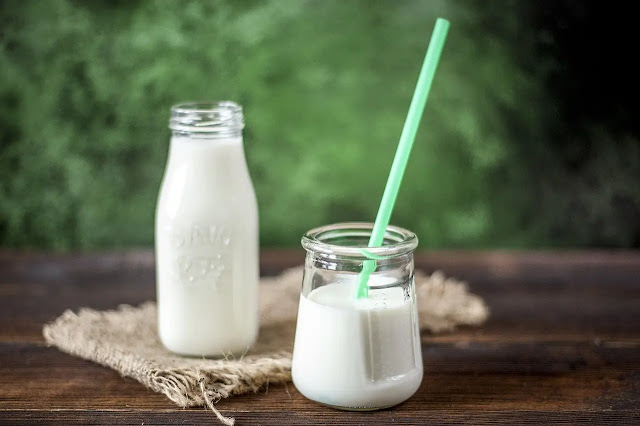
8. Grapes and raisins
The toxicity of grapes and raisins for pets is unknown, but two grapes can cause severe illness, and larger quantities can cause kidney failure in cats or dogs if ingested.
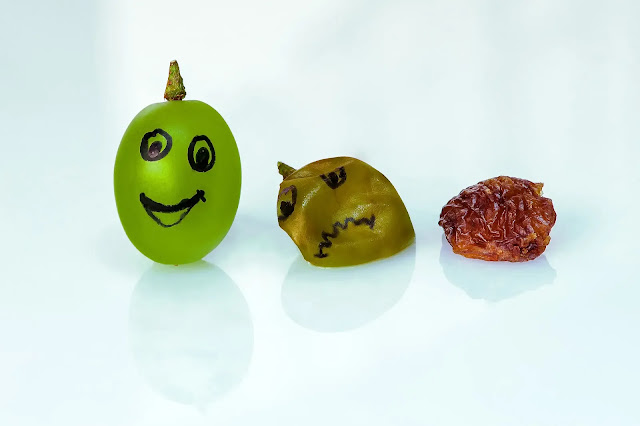
9. Nuts
Almonds, walnuts, and hazelnuts may cause disturbances in the digestive system of pets due to their richness in oils and fats that their stomachs cannot digest properly, and they can cause pancreatitis in cats.

10. Raw eggs
Eggs may be contaminated with salmonella bacteria. Salmonella poisoning can manifest as fever, diarrhea, and vomiting. Raw eggs also contain avidin, a type of enzyme that prevents cats from absorbing a vitamin called biotin, which is important for healthy cat skin and fur.
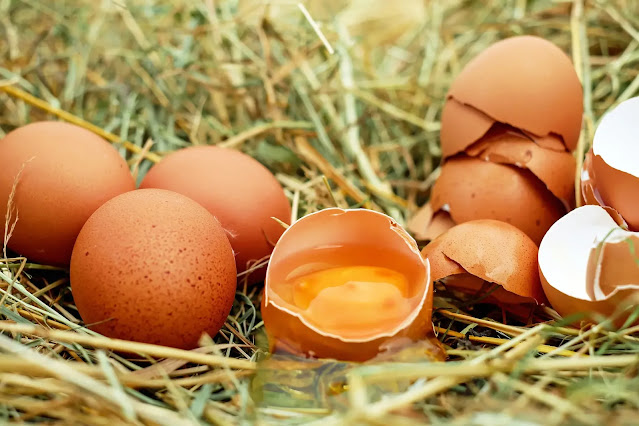
11. Raw or insufficiently cooked meat
Salmonella and E. coli germs can be present in raw or undercooked meat. And may cause severe diarrhea for pets that consume it.
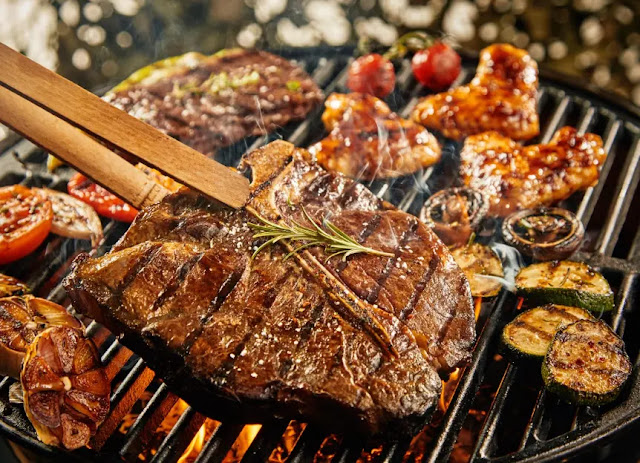
12. Raw fish
Raw fish can carry bacteria. Raw fish contains enzymes that break down thiamine, which is an essential B vitamin in cats. Deficiency of this vitamin can cause serious neurological problems that lead to convulsions and coma.

13. Salt
Frequent feeding of salty foods to pets can lead to dehydration, vomiting, diarrhea, tremors, seizures, and, in extreme cases, death, due to the high sodium salt content that greatly affects the functioning of the heart.

14. Some vegetables and herbs
Onions, garlic, leeks, and green onions are toxic to cats and dogs, as these herbal vegetables cause digestive upset and damage to red blood cells, causing anemia.
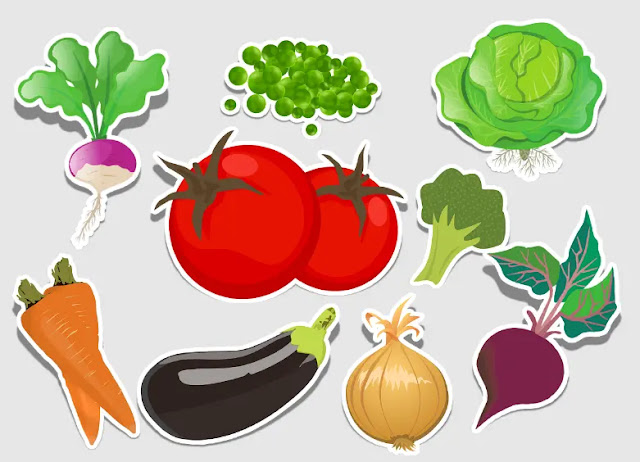
15. Xylitol
It is an artificial sweetener common in packaged products such as gum and candy. Feeding it to pets can lead to vomiting, lethargy, and liver failure. About three sticks of gum can contain enough xylitol to cause liver damage to a 10-kilogram dog.
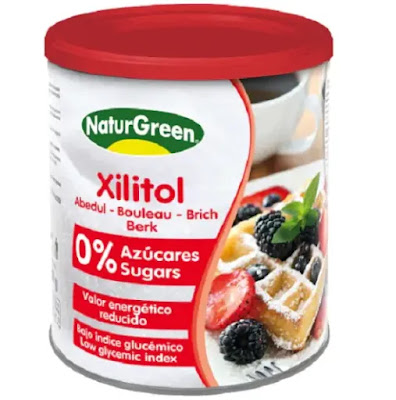
16. Fruits with large seeds
Such as peaches and apricots, because if they are swallowed, they can get stuck in the pet’s throat or intestines, causing a blockage, and the animal that swallowed the fruit kernel may show the following symptoms:
- Silence and inability to make sounds
- Drooling
- Reflux
- Lack of appetite

17. Sugar
Eating too much-processed sugar over a long period leads to many diseases such as upset stomach, obesity, metabolic changes, and diabetes, and can cause pancreatitis and blindness in diabetic dogs.
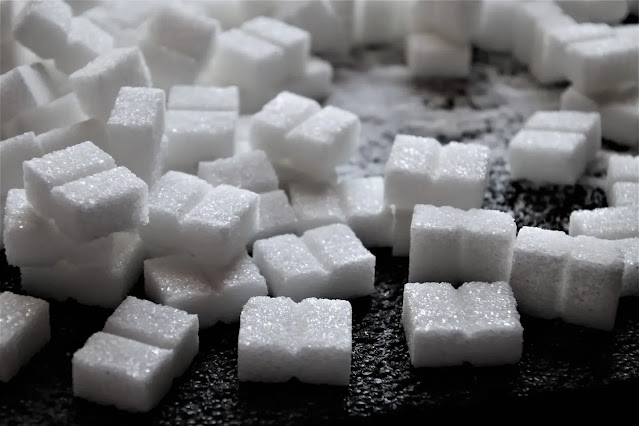
18. Alcohol
Alcohol irritates the digestive system of pets and can cause seizures, hypothermia, respiratory failure, and death. The case of animal ingestion requires an immediate ambulance with the utmost speed.
I hope you benefited and enjoyed reading.